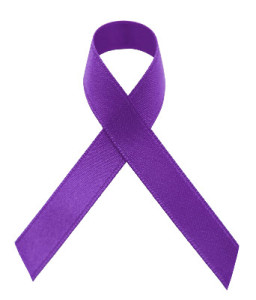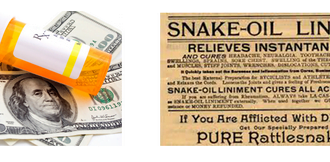April is National Child Abuse Prevention Month. This month recognizes all that we can do to preserve and protect the health and well-being of all children, and challenges us to effect positive changes in our communities. To commemorate National Child Abuse Prevention Month, we are running a blog post about how the DOVE program at Northwest Hospital has helped heal one area family.
April is National Child Abuse Prevention Month. This month recognizes all that we can do to preserve and protect the health and well-being of all children, and challenges us to effect positive changes in our communities. To commemorate National Child Abuse Prevention Month, we are running a blog post about how the DOVE program at Northwest Hospital has helped heal one area family.
The voicemail that Katie’s mother left didn’t ask her what she wanted for dinner, or even what time she was expected back from her high school soccer game; it cautioned her not to come home that night. When her mother picked her up from a friend’s house that next morning, Katie saw why: “When she arrived, she had a black eye, multiple cuts, bruises and her forehead was significantly swollen.”
Katie’s mother found herself in a situation that is frighteningly common for countless women. An argument over a cancelled Netflix account turned violent; her boyfriend beat her for hours, and, when she tried to leave, he strangled her with her own purse strings. Strangulation is a particularly vicious attack because the victim’s life is literally in the hands of their assailant. Katie and her mother went to a police station to file a report; there, they met Cassie Offutt, a domestic abuse victim advocate affiliated with the Domestic Violence (DOVE) Program at Northwest Hospital.
“She and the officer told my mother and me to drive to Northwest Hospital, where the DOVE program is established,” Katie recalls. Offutt stayed with them throughout the day, explaining how DOVE could help them in the coming days, weeks and months. “DOVE explained what domestic abuse is,” Katie says. “That sounds kind of obvious considering what just happened to my mother, but it truly helped. Abuse goes a lot further than just putting bruises on another’s body.”
All too often, violence is dismissed as simply the abuser’s temper getting away from them, or even a sign of passion. As DOVE helped Katie’s mom navigate the court system, mother and daughter alike learned about the cycle of abuse. Katie says that, “DOVE showed us how abuse is defined: raging jealousy, isolation from family and friends and degradation are just a few of the other signs.” DOVE program staffers educated and empowered Katie and her mom. “They didn’t just throw us pamphlets and brochures and expect us to make a life decision,” Katie says. “DOVE sat down and explained how to go about each process.” Whenever Katie and her mother found their strength wavering, they’d pick up the phone and call DOVE. “They would come with us to the commissioner’s office and court for support.”
Healing is never as simple as moving out and moving on; it’s often a slow-yet-steady process. “Talking to my mom,” Katie says, “I have discovered that mothers often have a greater love for their children’s safety than their own. My mother didn’t realize how much her abuse affected my life too.” Katie says she feels grateful for and inspired by the DOVE program. “My mother and I have gone through difficult times, but it gives my mom great satisfaction to know that I’ve learned from our situation … I know now what I will and will not put up with in a relationship. I strive to have healthy relationships with my friends, my family and my boyfriend,” she adds.
Katie has advice and encouragement for kids who find themselves in her position: “Don’t ever blame yourself for someone else’s actions, but speak up about your own feelings … Enlighten yourself, know the signs of abuse, and reach out for help when you see it. Most importantly, learn from it.”
If you, or someone you know may need assistance, please contact the Sinai Hospital Family Violence Program at 410-601-8692, or the Domestic Violence (DOVE) Program at Northwest Hospital at 410-496-7555.








